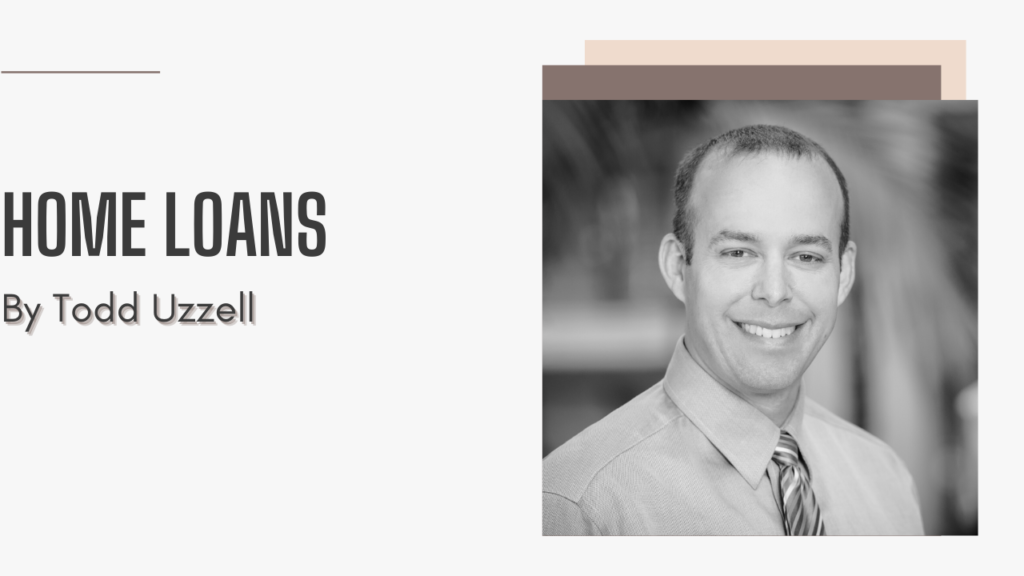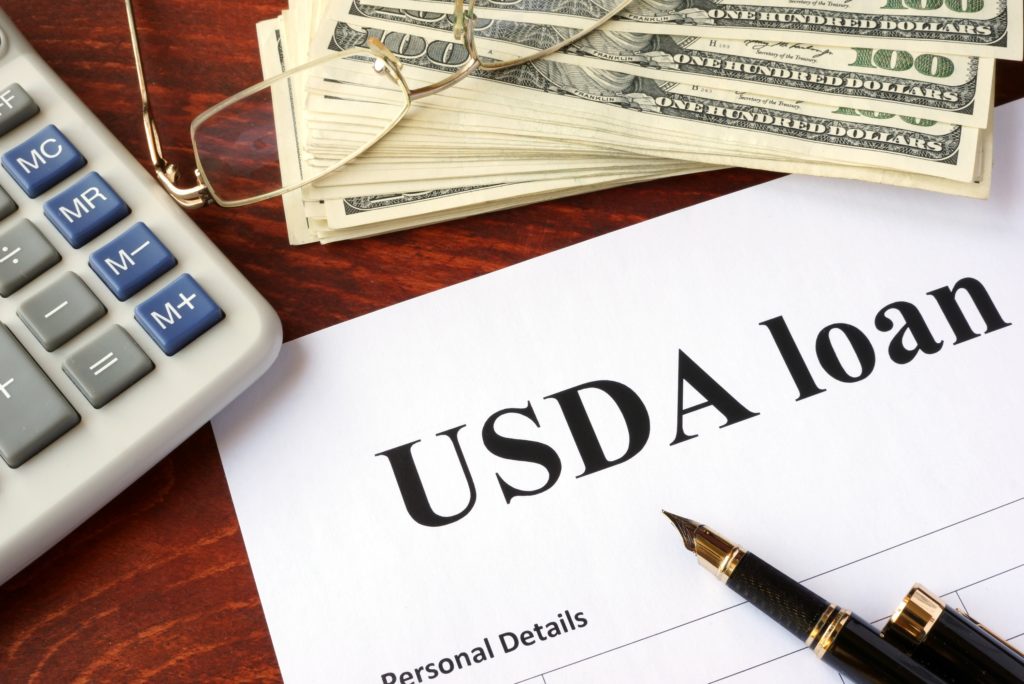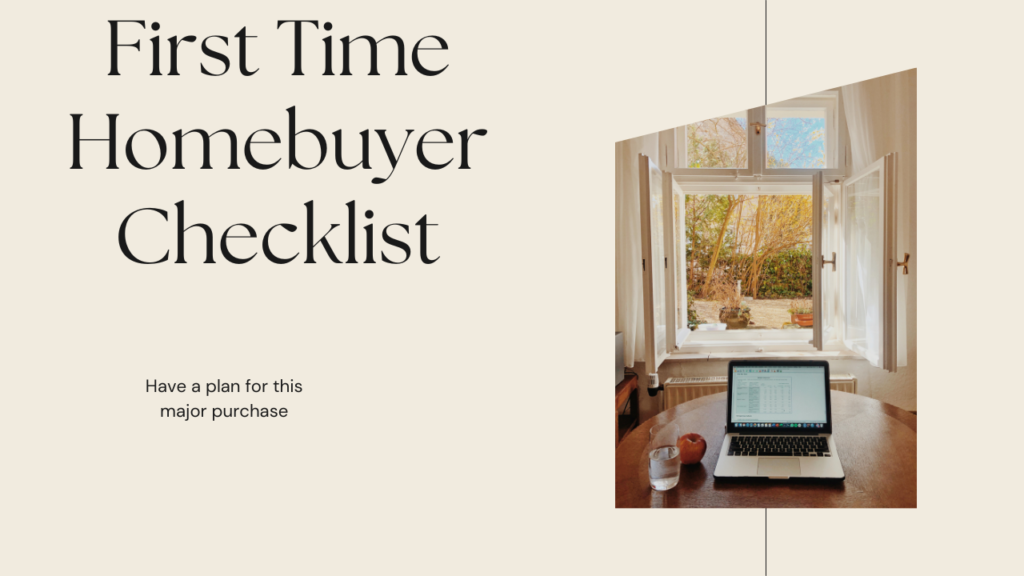20 Questions to Ask Mortgage Lenders
What credit and income qualifications do I need?
Credit score and income are equally important factors in determining eligibility. The lenders do not all require the same standards, but generally the criteria lenders are looking for when they are considering the loan application. Lower scores may be considered a good option, but higher scores will increase the mortgage approval rate and improve terms. The DTI ratio reflects the proportion of your monthly debt payments (not included mortgages) with your net earnings. A Mortgage Lender will determine your affordability on the basis of these figures and may refuse your loans to anyone who carries more than 40% of your gross salary.

What are my fees and payments?
Budgeting should be one of your priorities before purchasing a home. Understanding the house size you can afford helps narrow down your search and make your expectations realistic. The lender will evaluate your income and credit history. Your mortgage lender may ask you about monthly payments based on your financial situation or if you are paying an annual rate, it also can list the charges associated. In addition, you will receive information about your rates and fees for settling the sale and determining the total amount of the sale. The lenders will also help you determine how many downs you will require. Most conventional loans will have lower fees than an FHA loan or VA loan. Mortgage brokers could offer a lower cost conventional loan.
Do you offer a mortgage rate lock?
Generally speaking borrowers have mortgages locked in their accounts to ensure that their interest rates remain constant at any point in time, regardless of market fluctuations. The rate locking is crucial because it ensures that loans are cost-efficient. If your rate lock is in effect it will not make it more difficult to find a new house as your interest rate won’t increase. Ask the loan officer what rates are locked. Find the current markets rate (is it high or low) and what should I do to keep my rates in check. Some lenders will drop your rate after the price drops after a fixed interest rate.

How much house can I afford?
If you wish to purchase your own house you should have realistic ideas as to how much you can afford for your house and how many mortgages you can afford. This will involve contacting the mortgage lender and then speaking to a realtor. In this case, a loan can be approved before you start to pay back your debts if your mortgage payments are less than the minimum you would pay. When you qualify for a prequalification program, you can improve your home buying skills. This is a very important mortgage question so ask the loan amount according to the amount your mortgage will allow you.
Will I have to pay mortgage insurance? Are there any options where I can avoid it?
Several different mortgage insurance options can be required by a mortgage lender for purchase. How can a person reduce their life insurance expenses by examining other loan alternatives? Some lenders offer a way for you to reduce certain expenses through improving your credit score if your debt has been reduced prior to applying. Tell me about your options. For conventional buyers, a 20% deposit could help avoid monthly PMI payments. Unless you pay 20% down your mortgage loan amount you will be exempt from PMI unless you repay 200% of your mortgage loan balance.

What’s included in my monthly payment?
These questions are commonly asked by home buyers when they are first homebuyers. I have been buying and selling homes for years now. It must tell us the exact amount you want in the question. The mortgage payment includes a portion of the principal plus interest. Your pay was mostly interest initially, but you paid more principal as time went along with it. Nevertheless, you can pay your balance at your own expense. When you pay off a large amount of debt, you’re likely to gain more equity. Find Out: What is the best option for refinancing mortgages? Your loan estimate will tell you your interest rate for your home loan and let you know if you have private mortgage insurance.
Tell me the minimum down payment required to buy a house?
Often, a 20% down payment is required when buying a house. Some homes can even be bought with 2% down. Certain kinds of government-backed loans also give you mortgages with low down payments. The quoted 20% down payment is related to avoiding mortgage insurance that protects borrowers in the event they fail to repay their mortgage loan. If you build 20% equity in your house you can cancel your PMI. You can cancel PMI immediately when you have 22% equity in your house. Check your loan for the required payment before closing the sale.

What types of mortgage loans do you offer?
Some customers may find this surprising as mortgages can vary from mortgage lender to loan. Many people know about the most common kind of mortgage—conventional mortgages, but you may need some more. A number of lenders can help with a selection of loan types ranging from a standard bank loan to a commercial loan to a mortgage that is not part of a government funded program. Applicants typically must have a credit score above 660 and may need a 20% down payment in order avoid paying mortgage insurance.
Tell me the interest rate and the APR?
You must ask your mortgage broker what interest your loan will pay. Your rate of interest depends upon numerous variables including your credit rating, the location of the house that you purchased, the value of your down payment and loan types, terms and funds you have. In addition you can also inquire with the mortgage lender on APRs as these will give an insight on total costs associated with borrowing money. This APR also includes interest rates and fees for the loan originating the loans.

Is it possible to buy a house without my spouse?
It is also possible to buy a house without an adult. If you are living in the United States where community property law exists it is required that you jointly hold the property of the other spouse. If you live in an unmarried state, your spouse will get rid of their financial information if you purchase the property with them. Certain kinds of government loans require that your lending institution take into account your spouses credit card debts in granting a loan even in common-law states. The down payment amount could affect your ability to exclude your spouse.
Do you offer any down payment assistance programs?
Depending on where you live and varying demographics, you might qualify for a down payment assistance program. This might involve government grant funding or government-supported assistance through a company, or you can use multiple programs simultaneously. Before submitting an application for a loan, you should know the down payment assistance program the lender uses. Some lenders won’t offer credit down payment and closing costs, so you want to participate in, so you may want to search for approved lenders.
What kind of loan should I get?
These are important questions from mortgage lenders to loan companies in general. The main mortgage types are fixed or variable rates. Fixed rate loans have similar rates for their length, which could range from 15 to 30 years and sometimes 40, but the down payment and closing costs could vary. The repayment of your loan stays in your name and is valid throughout your entire life. Variable-rate mortgages generally begin at low rates and rise, sometimes even drastically. When evaluating a loan, you might want to know how much down payment and closing costs you can pay.
What is the best loan for me?
Home mortgages fall into two categories: government and conventional loans. Conventional loans are all types of loans which cannot be guaranteed or insured by governments. Amongst them are federal and state housing authorities loan and a VA loan. The loan is intended for opening up homeowners’ opportunities and generally easier to qualify for and with a smaller down payment, closing costs and mortgage payments. Those who served in active duty service can apply for VA home loans with benefits over traditional mortgages.
Do you offer mortgage points?
Mortgage points (discount points), often called discounts points, are optional fees you can take out at closing to get a lower interest rate. Each mortgage point is worth approximately 1 percent of the mortgage you owe. If you have a credit score of at least $15,000, you can purchase a $1500 loan at closing. Mortgage points are the most beneficial when it comes to preserving the equity for long periods in the home and for a good return on the home’s equity. These origination fees, or points will increase your closing costs.
What are the closing costs?
A closing fee is the fee to close an account that is paid by the lender. A few typical closure charges include appraisal fee, origination fee, lawyers and title insurance. The closing cost depends on the place of living, the deposit amount, and property size. Closing expenses typically range from 3% to 4% of a total loan. Tell me the typical closing price for your country. Tell me the minimum fee required by law and which services should I choose. These costs will affect your cash to close, but not your monthly payment.
Is there anything I can do to lower my rate?
Rates for borrowers with bad credit are usually determined on several factors, such as how much you need to borrow. When you ask your mortgage lender, you will be able to discuss information that may be useful to your lender. If you have unsecured credit cards you don’t want to use and are unable to make payments, you may have to take out loans to improve your credit score. Keep your bank account balance low and pay all your credit card balances on time. A lower interest rate will reduce your monthly payment.

Is there a Prepayment Penalty?
Most home loans are set up for a 30 year period. Ask your mortgage lender if you can pay the balance of the loan off early. This is a great choice if you are capable. However, not all banks have the right to make such a loan. If you need to repay your mortgage faster, you should know if they have a penalty. These charges are often used by mortgage lenders in order to discourage customers from obtaining additional payments for their loans or refinancing loans at low interest rates. Ask your lender if there is a prepayment penalty. You may have the option to take a higher interest rate to avoid this penalty. Conventional loans will have different rules than government loans.
Do I need an Escrow account?
This account is a kind of savings account in which the balance of the prepaid taxes is stored. Escrow account which is generally set up during closing is usually used on government funded loans or is optional in conventional lending. Ask the lending institution to set up an escrow account. Ask about the best options for supplying shortages and how much can be refunded if you pay more. Find out if you can hold the amount in escrow.
What repayment terms do you offer?
The term refers to the amount of money required to make a loan repayment and can sometimes be described in terms of interest rates, fees or length of the loan. In all cases repayment terms can affect the cost of the repayment, interest rate, and monthly payments, so knowing what lenders will offer is important. ARM (adjustable rate mortgage) loans can have interest rates that vary over time and carry varying monthly payments. The interest rate is gradually adjusted between one month and several years and will increase with each subsequent interval.
Are there income requirements for buying a house?
It can be difficult to get income for buying an apartment. However your earnings can influence what you are buying. A mortgage company will examine any income source (pay stubs or tax returns), bank statements in considering you as a borrower including commissions and military support. Ask your lenders how much money you must earn to get a house and the sources your income comes from. Ask your loan provider if there is documentation you must give them for proof of earning. Your lender verifies your length of employment as well.
What are the 4 C’s of Lending?
The 4 C’s of lending are:
Credit: This refers to the borrower’s credit history and credit score, which are used to assess the borrower’s creditworthiness and ability to repay the loan.
Capacity: This refers to the borrower’s ability to make the required monthly loan payments, based on factors such as income, expenses, and debts.
Collateral: This refers to the assets that the borrower pledges as security for the loan. Collateral helps to reduce the lender’s risk, as the lender can seize the collateral in the event that the borrower defaults on the loan.
Conditions: This refers to the overall economic and market conditions in which the loan is made, including factors such as interest rates, inflation, and unemployment. These conditions can affect the borrower’s ability to repay the loan and the lender’s risk in making the loan.
What are 3 items needed to be approved for a mortgage loan?
Conditions of approval. Evidence of incomes. Applicants for home ownership must submit wage and property tax returns from the past two years, current wages stub showing earnings and year-to-date earnings, and additional earnings from alimony or bonuses. The proof that the property is real. … Thank you. Proof of Earning. Applicants who rent out their home should provide a W-2 wage report and yearly tax report showing current pay stubs showing income and yearly earnings, and proof of alimony or bonuses. Documentation for an asset. … I’m glad you had it!
Summary
Whether you are using FHA loans (Federal Housing Administration), USDA loans, VA loans (government backed loans), conventional loans, or jumbo loans, you will need to consider the interest rate, ask your lender about private mortgage insurance pmi, annual percentage rate, your monthly mortgage payment, origination fees, your loan estimate, prepayment penalties, other lender fees, property taxes, loan term, and appraisal fees. All of these items are parts of the home loan process. Not every lender is the same, so it is important to understand you to read your closing disclosure as the loan closes. Most lenders will include estimated closing costs in the closing disclosure. Understanding the mortgage application process including your credit report, attorney fees (if applicable) and interest rate lock can help you save money and make loan costs predictable.